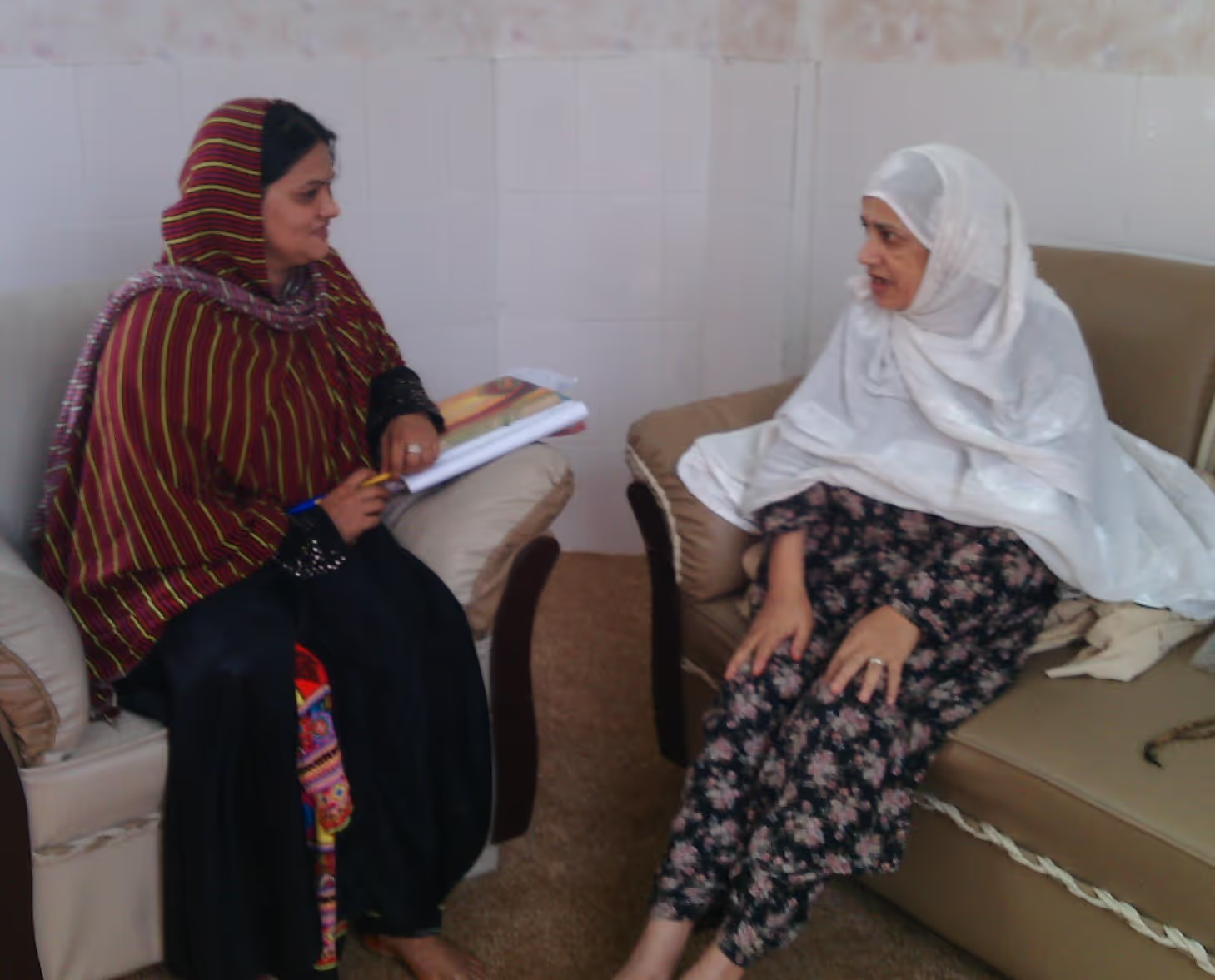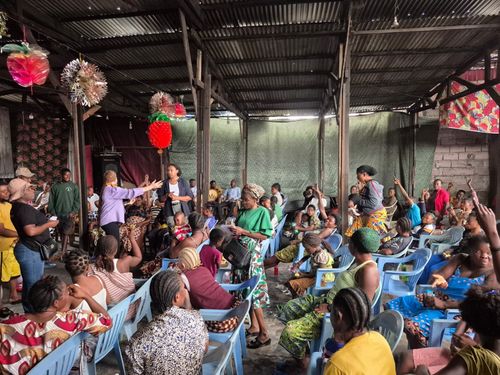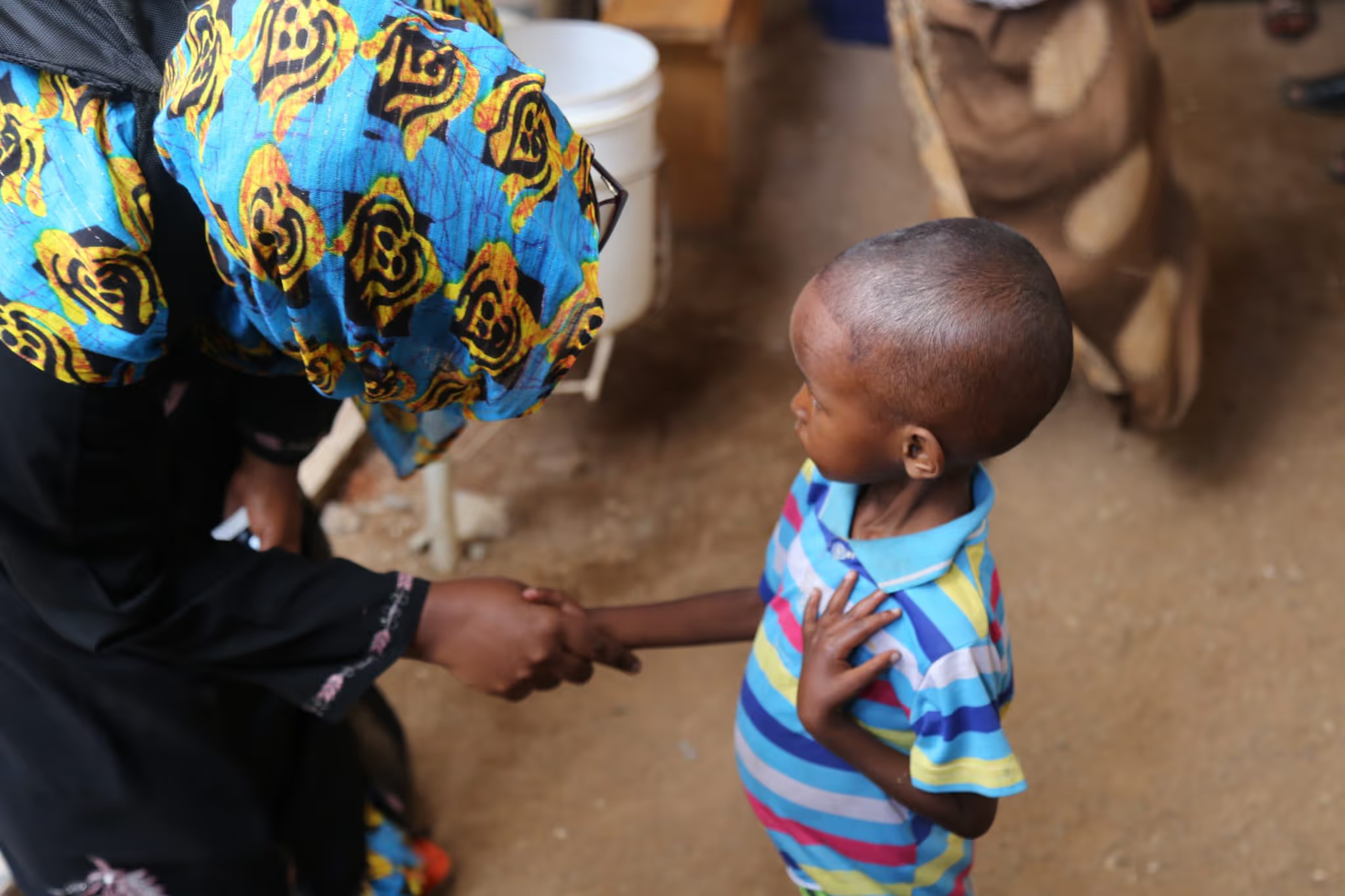Effectiveness and cost-effectiveness of simplified psychological support in conflict-affected Pakistan

Project overview
The study tested the efficacy of an innovative, simplified psychological intervention named Problem Management Plus (PM+)
Project solution
This project offers [specific solution or intervention] to tackle [challenge]. By implementing [strategies, tools, or innovations], the project aims to achieve [desired outcomes]. The approach is designed to [specific actions or methods] to bring about meaningful change in [community, region, or issue area].
Expected outcomes
This project aims to achieve [specific outcomes], such as [measurable results, improvements, or changes]. The expected impact includes [benefits to the target community, advancements in research or innovation, or long-term effects]. By the end of the project, we anticipate [specific changes or milestones] that will contribute to [broader goals or objectives].
Principal Investigator: Mark Van Ommeren, World Health Organisation.
What did the study set out to achieve?
The overall objective of this research was to help improve the mental health and functioning of people in humanitarian settings. The study aimed to test the efficacy of an innovative, simplified psychological intervention named Problem Management Plus (PM+). PM+ is a short programme delivered by paraprofessionals, which is transdiagnostic (i.e. geared to a number of conditions) and designed for people in low-income communities affected by adversity. The study sought to establish the impact of the PM+ intervention on people with high levels of psychological distress and functional impairment. The research also aimed to establish if the intervention could be delivered by health workers who did not have prior training in delivering psychological treatment, and evaluated the cost-effectiveness of PM+ as a treatment.
A randomised controlled trial was conducted in three primary care centres in Peshawar, Pakistan with 346 eligible adults randomised to receive PM+ or enhanced usual care. The intervention was delivered by lay health workers, and involved five sessions which employed problem solving, behavioural activation, strengthening social support, and stress management strategies.
What were the key findings?
- Three months after treatment, the intervention group had significantly lower anxiety and depression scores (primary outcome measures) compared with those in the enhanced usual care group.
- The study also suggested positive findings for secondary outcome measures including functioning, posttraumatic stress and outcomes defined by local participants themselves.
- Before treatment approximately 90% of participants met criteria for depression. At 3-months follow up, 30% of PM+ participants and 60% of comparison participants had depression.
- The intervention worked equally well independent of initial severity, i.e. the intervention appears to work equally well for severe as for mild presentations.
- The intervention was successfully delivered by people with minimal training, and a cost-effectiveness analysis revealed that there is at least a 90% probability of this intervention being a cost-effective use of resources.
- As a result of this study and a similar study in Kenya, WHO decided to release PM+ as a public good.
What does this mean for policymakers and practitioners?
Multiple agencies are being trained in the use of the PM+ intervention. The PM+ manual has now been published in 18 languages on the WHO website including English, Urdu, Kiswahili, Arabic, Chinese, Japanese and Spanish.
A national workshop in Pakistan facilitated a national policy conversation about mental health, and local partner organisations were able to garner vital national news media attention on the need for mental health provision in Pakistan and the work of local actors around PM+.
The study team continues to communicate through highly regarded academic channels to ensure recognition of the RCT and its results, including via a keynote presentation at the International Society of Traumatic Stress Studies conference in 2016.
The Principal Investigator of the study was closely involved in the development of Sphere Standard on mental health, enabling the socialisation of study results in the development of this key humanitarian resource.
Project delivery & updates
Stay up to date with the latest developments from this project. Here, you will find details on what has been delivered, resources created, and regular updates as the project progresses. Access key documents, reports, and other materials to see how the project is making an impact.







